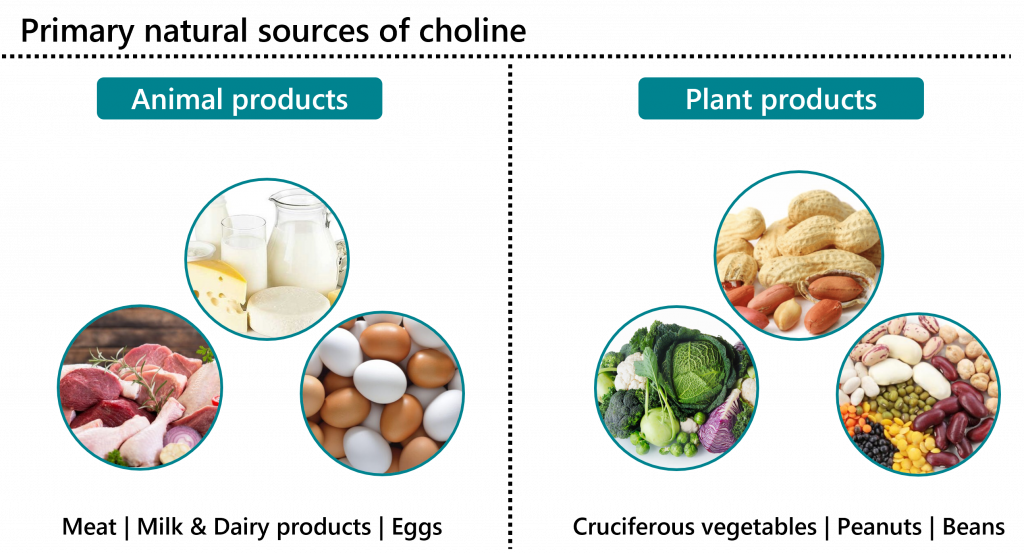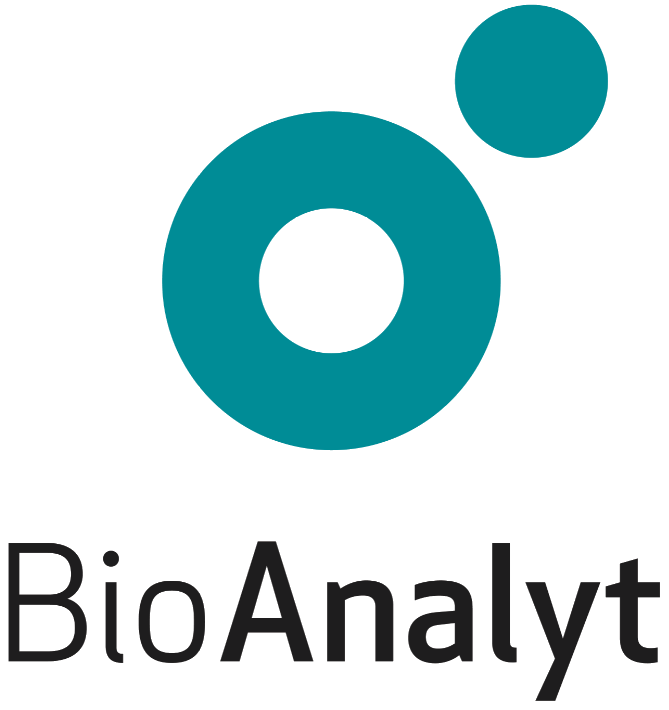Inspired by the Sight and Life publication “Vitamins and Minerals: A Brief Guide”, we bring to you our last post in the series Learn About Your Vitamins and Minerals. And for this last episode, we discuss choline.
Choline is an essential nutrient that is present in many types of food. Even though it is an essential nutrient, it is not generally considered a vitamin. It provides methyl groups needed by the body for the steps in metabolism. For example, the body needs this micronutrient to produce phospholipids required for the structural integrity of cell membranes. It is also vital for fat and cholesterol metabolism, neurotransmission, brain development in a growing fetus, and gene expression.
Sources of choline. You can find choline in meat, liver, eggs, fish, milk, and dairy products. It is also present in potatoes, nuts, whole grains, and cruciferous vegetables (e.g., broccoli, cauliflower, cabbage, Brussels sprouts). It is present in lecithin, which is a common food additive used as an emulsifying agent in processed foods like margarine and salad dressings.
The body can also produce small amounts of choline in the liver. However, this is not enough to meet the body’s needs.
Choline Deficiency and Prevention. Choline deficiency is rare in healthy populations as the body can produce some choline on its own. Groups with a higher risk of choline deficiency include:
- Pregnant women.
- Patients who are dependent on intravenous nutrition.
- Persons with a genetic variation that interferes with the normal metabolism of choline.
Inadequate consumption can cause liver damage, nonalcoholic fatty liver disease, muscle damage, and neurological disorders. Deficiency has also been associated with an increased risk of stunting in children. Choline deficiency is prevented by adequate consumption of foods rich in choline or choline supplementation.


